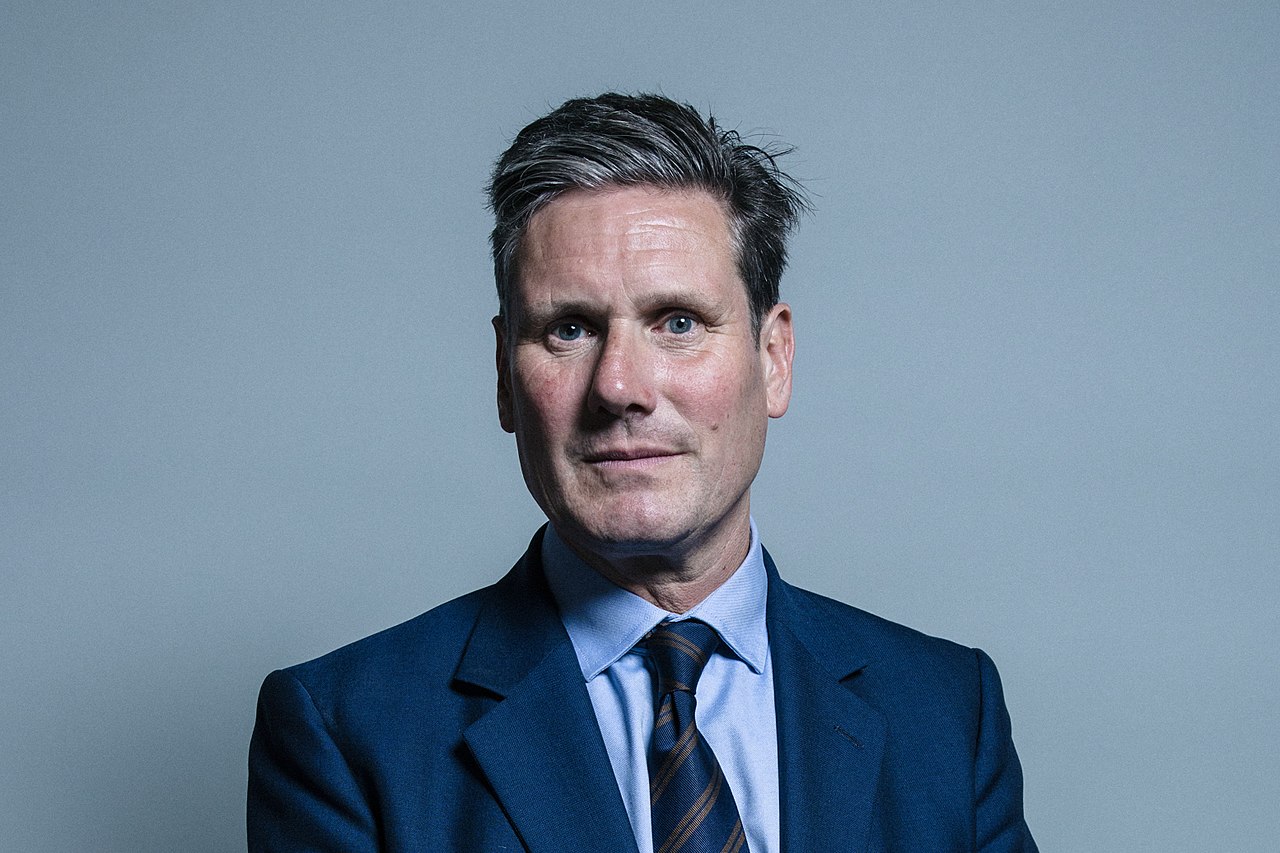Keir Starmer, yesterday pledged to back Britain’s farmers by setting a new standard for spending on food in the public sector.
Speaking on Alan Titchmarsh’s Love Your Weekend Show, the Labour leader called for the UK to be ‘ambitious’ about food production: “we produce fantastic, high-quality food. Talk to any farmer anywhere in the country and the pride that comes with high standards in food is enormous.”
The Labour leader pledged that his government will work with farmers to deliver food security: “we need to be ambitious about this and work with farmers to make that work. The government can pull levers with big procurements for food into the NHS and other places. We should take pride in that, it’s what drives our countryside.”
The commitment comes alongside a new analysis from Labour revealing that England is becoming less self-sufficient on food, with a growing gap in spending between imports and British-grown food.
The analysis has found that England spends £2.2bn more on imported fruit and vegetables today compared to 2010, and has lost more than 15,000 hectares of fruit and veg planting area in the same time period.
In 2022, just 1-in-5 of all pears, plums and raspberries in the UK market were produced in Britain. Meanwhile, the Government’s free fruit and vegetable programme for primary schools is estimated to use just 13% of UK-sourced apples and 5% of UK-sourced pears, even when in season.
The Government spends billions of pounds per year on procuring food for the public sector, including hospitals, care homes, prisons and schools. Money spent on local, sustainable produce in school food public procurement can provide a return of up to four times that for the local economy.
In light of the figures, Sir Keir Starmer reaffirmed his Party’s commitment to British farmers, pledging to “buy British” and ensure farmers are not being undercut by lower quality food from overseas. Labour’s proposals for food procurement will require 50% of public food spend to either be locally produced, or to be certified to higher environmental standards.
Earlier this year, the NFU warned the Government that “the clock is ticking” to support British farmers amidst rising food waste and agricultural problems. Around 3.3 million tonnes of UK food go to waste on farms ever year, almost enough to fill Wembley Stadium 4 times over. The sector itself is struggling to stay afloat, with 7,000 agricultural businesses going bust since 2019.
Outlining his Party’s commitment to British farmers, Sir Keir, said: “British farmers produce fantastic food and deliver security for our country. But they are being let down after thirteen years of Conservative failure, and consumers are faced with empty shelves. There’s no metaphor of government-made damage more apt than good food left rotting in British fields during a cost-of-living crisis.
“Labour will not tolerate that. We will harness the power of public procurement to buy British, and buy sustainable, protecting our high food standards. We’ll make sure that hospitals and other public bodies provide food that is high-quality and sourced in Britain when they can, while also supporting producers and boosting economic growth.
“My Labour Government will buy, make, and sell more in Britain. We’ll back Britain’s farmers and turn the page on 13 years of Tory failure and neglect.”
The Labour leader also spoke extensively about his upbringing in his interview with Alan Titchmarsh.
Reflecting on his mum’s illness, Starmer said Britain has lost its sense of hope and optimism, which was so important to his parents, who themselves many hardships in life:
“I’ve talked about a decade of national renewals as a way of driving our country forward. I use the word ‘national’ deliberately because I think they should be a project that everybody feels, whoever they vote for, that it’s something they can take pride in, a sort of betterment of their country.
“For my mum and dad, this sense that things would be better for the next generation was an incredible source of comfort and pride because they had ups and downs. My mum was very, very ill for most of her life, in and out of high dependency units, they didn’t have a huge amount of money, so they had the ups and downs that many, many families go through.
“But towards the end of her life the comfort they took from the fact that things we’re going to get better for their children and their children’s children, that allowed them to reflect and think ‘well my life was worth living’.
“And we’ve lost that somehow. And I think this decade of national renewal will restore that sense, collective sense if you like, that we can improve where we are and again get back to that sense of hope and optimism that things will actually get better and that the next generation has even better opportunities that we have.”
Labour says it will back British farmers, as Starmer tells Titchmarsh he pledges ‘Buy British’ public spending rules, by staff reporter

